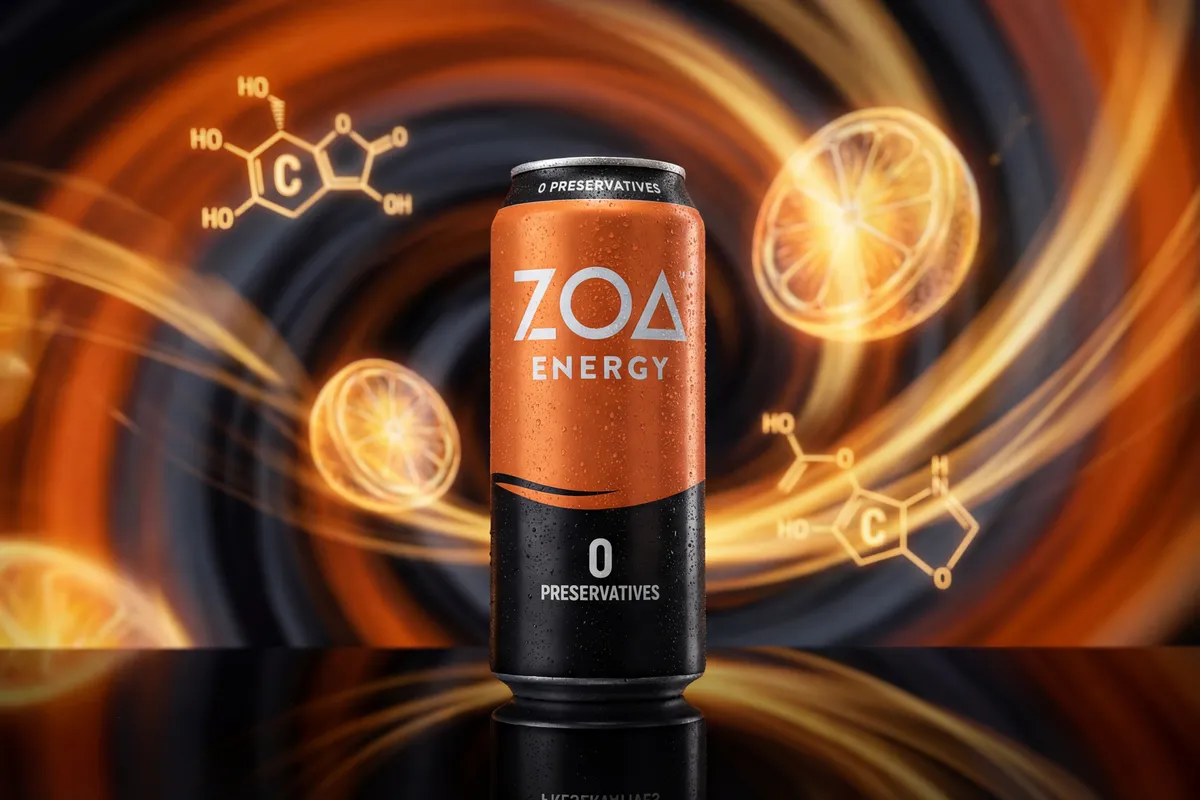Bayer and Beiersdorf Face Lawsuit Over Benzene in Products, Plaintiffs Seek Damages

In a lawsuit filed on September 14, 2023, in the United States District Court, Northern District of Illinois, a group of plaintiffs led by Darrell Stewart, Christopher Cadorette, Juan Huertas, Jonathan Martin, Eva Mistretta, Don Penales, Jr., Mike Poovey, Sean Steinwedel, Jose Villarreal, and Jeremy Wyant have accused several major corporations of knowingly manufacturing, distributing, and selling products contaminated with high levels of benzene, a known carcinogen.
The defendants in the case, Aeropres Corporation, Bayer Healthcare LLC, Beiersdorf Manufacturing, LLC, Beiersdorf, Inc., and Beiersdorf North America, Inc., are alleged to have produced and sold Lotrimin and Tinactin spray products, which were later found to contain dangerously high levels of benzene. The plaintiffs claim that Aeropres supplied the contaminated propellant (Propellant A-31) for the products. At the same time, Beiersdorf took over the manufacture of Lotrimin and Tinactin for Bayer and continued distributing the contaminated products.
The lawsuit alleges that the defendants failed to disclose the presence of benzene in their products, thereby violating express and implied warranties. The plaintiffs argue that the defendants' actions constitute a breach of express warranty, as the companies guaranteed the safety and quality of their products, which were later found to be contaminated. They also claim a breach of implied warranty, as the products were not fit for their intended use due to the presence of benzene.
In addition to these allegations, the plaintiffs accuse the defendants of violating various consumer protection statutes, including the Delaware Consumer Fraud Act. These laws protect consumers from unfair, deceptive, and fraudulent business practices. By failing to disclose the presence of benzene in their products, the defendants are alleged to have violated these statutes, causing harm to the plaintiffs and others who purchased and used the contaminated products.
The plaintiffs also allege that the defendants committed fraud by misrepresenting the safety and quality of their products. They claim that the defendants knew or should have known about the presence of benzene in their products but chose to conceal this information from the public. This alleged deception led the plaintiffs and others to purchase and use products that were not as safe or effective as represented.
Furthermore, the plaintiffs accuse the defendants of negligent misrepresentation, claiming they failed to exercise reasonable care in providing accurate information about their products. The plaintiffs argue that they relied on the defendants' representations about the safety and quality of their products, leading them to purchase and use products contaminated with benzene.
The lawsuit also includes a claim for unjust enrichment, as the defendants allegedly benefited financially from selling the contaminated products. The plaintiffs argue that the defendants should not be allowed to retain these profits, as they were obtained through unfair and deceptive practices.
The plaintiffs seek equitable relief and compensation for the harm caused by the contaminated products. They are also seeking the establishment of a medical monitoring program to test for adverse health effects caused by benzene exposure.
The lawsuit is a stark reminder of the importance of consumer protection laws and the potential harm that deceptive business practices can cause. It also highlights the need for companies to exercise due diligence in ensuring the safety and quality of their products and warning consumers of potentially dangerous ingredients in their products.

.webp)
.webp)
.webp)

.webp)
.webp)
.webp)
.webp)
.png)






.webp)





.svg)